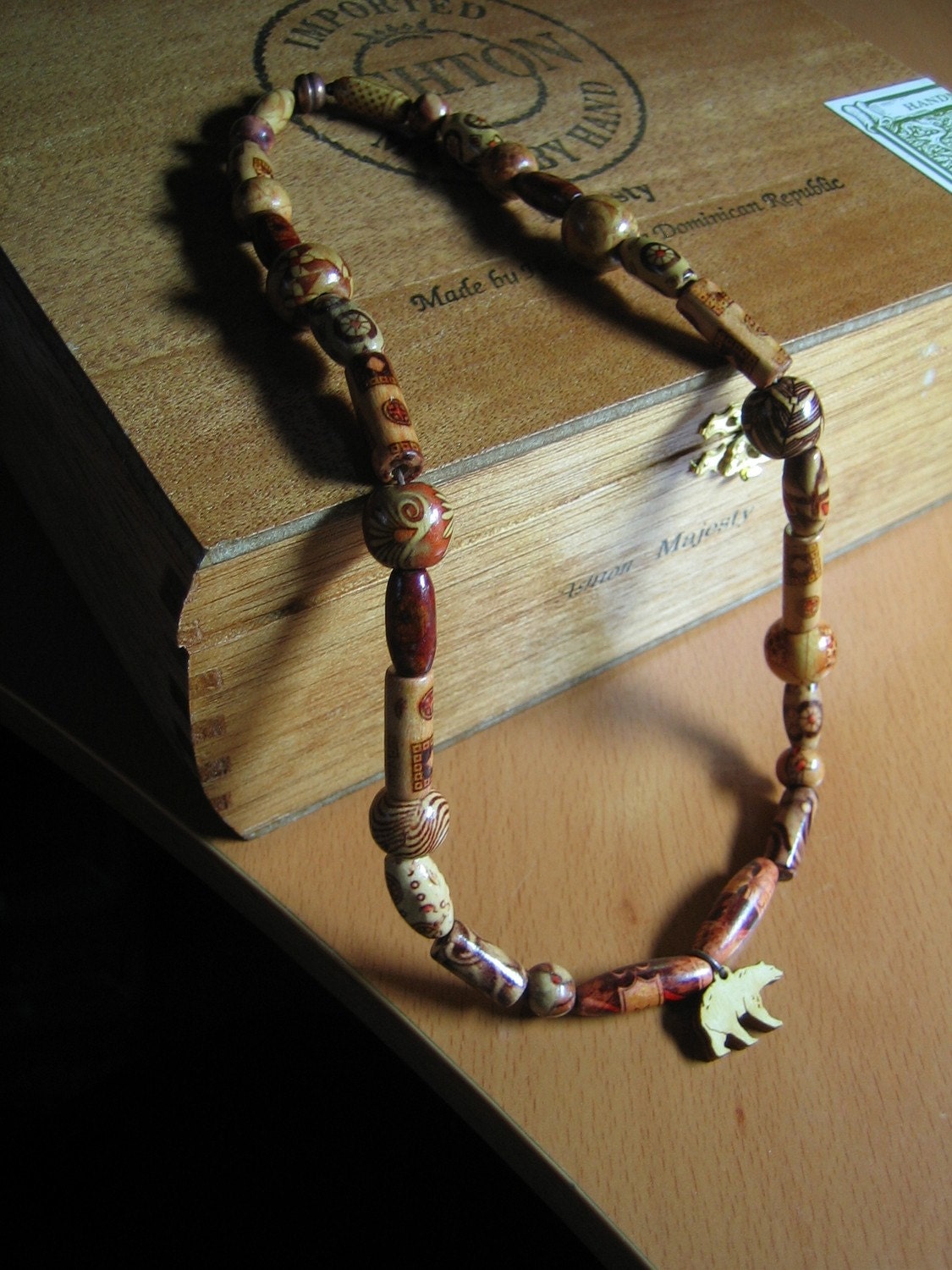Bronnie Thompson has written a wonderful blog post about Balance, control & passion. It echoes a lot of what I’ve been pondering (to myself and friends) lately about the meaning of work and values when one has a chronic medical condition/disability.
“Yesterday a couple of colleagues were talking about balance in life, and making it plain that they think people who spend a lot of time and energy on their work are sad. Their opinion? Work is the means to pay for your ‘real’ life, to spend more on working means less on what is really important to them…
One way of looking at the distress and disability associated with chronic pain might be to think of it as a result of conflict between what can be done (resources) and both values (what is important) and goals (how I want to express my values). An ongoing problem with life itself is the limited resource we have to do what we want! The whole of life is really about this balancing act. And I suspect that one of the major sources of distress for people with chronic pain is that they carry on using the same strategies to express values but with limited resources to achieve it.
I’m not the only one to think of it this way – several authors have talked about the concept of ‘psychological flexibility’ (McCracken & Vowles, 2007). Psychological flexibility involves several processes such as acceptance, mindfulness, values, and cognitive defusion. This is a bit of jargon from ACT (Acceptance & Commitment Therapy) and basically means being able to allow oneself to experience all that life brings, while at the same time choosing to act according to what is important and valuable to you – and being prepared to alter the way in which this is achieved, depending on the situation.
So one way of looking at people with disability from their chronic pain is that they are stuck. Stuck using old and unhelpful ways to achieve what is important to them.” [emphasis mine]
What wonderful insight. In my introduction, I talk a lot about my pre-bipolar-and-fibromyalgia self and preconceptions about what it means to be successful.
A lot of people talk about finding a balance, often finding a balance between mind, body, and spirit. How does having fewer resources to do so affect this balance? What happens when you don’t have as much energy, or you’re dealing with chronic pain? Bronnie discusses some different treatment modalities, such as Cognitive Behavioral Therapy (CBT) and ACT (Acceptance & Commitment Therapy).
“One problem I have with CBT is that when my own resources are low (I’m really tired, maybe I’m a bit depressed) the energy it takes to process and evaluate my automatic thoughts can be really hard to find. It takes a lot less energy to simply allow the thoughts to be there but not act on them and remain focused on achieving things that are important to me.”
I actually hadn’t heard of ACT before, so that’s something for me to look into. I have to echo thoughts on the energy it takes to use CBT. If you’re already in the midst of some emotional or physical pain/fatigue/distress, it’s very hard to kick-start yourself into using those CBT coping skills. When I’ve dealt with some negative thought patterns due to mental illness, I found that it was very important to use my coping skills as soon as I noticed a problem. If I waited until it was a bigger problem, it snowballed out of control. Physical pain can sometimes come on very suddenly. You don’t always get some head notice that you’re going to have a flare-up. That’s why I prefer mindfulness meditation to CBT when I’m having a fibro flare.
“What we are trying to achieve in pain management is living according to what is important (valued) and being flexible enough to find ways to achieve this despite pain…
What this means is that there are times when I choose to act according to what is important to me, despite my own thoughts (which might be automatic, and wanting affirmation from people that I’m OK and not ’sad’), and despite my own energy levels. To be able to choose whether I persist with some things and drop others, knowing that I’m living out my important values gives me that freedom that we call ‘being in control of my own life’.”
Well said.



5 comments
Comments feed for this article
February 13, 2010 at 3:50 am
adiemusfree
Thank you so much for your commentary! I’m glad it meant something important to you, I know that I love what I do – and that I can choose all the time (just sometimes the consequences of my choices are not quite what I expected!)
cheers
Bronnie
February 13, 2010 at 4:26 am
emoore1
Bronnie,
Thanks for writing such a great blog! I look forward to seeing more posts.
Liz
February 13, 2010 at 11:00 pm
Cinda Crawford
I love your topic. We can accomplish a lot in managing illness & symptoms through mindfulness. I’m not a Buddhist, but I certainly relate to its principles. Not all I have to do is practice it more… :-))
Best wishes on managing your symptoms, Cinda
February 14, 2010 at 3:58 pm
emoore1
Thanks for the feedback! I go back and forth about identifying as a Buddhist. I think mindfulness meditation is really a universal tool, no matter what your spirituality is.
Great website, by the way! I’m definitely going to have to read through your archives…
Liz
February 14, 2010 at 4:10 pm
Cinda Crawford
Thanks for the compliment and that from a lady bent on helping us see the world as it really is and giving us courage to take the road less traveled… :-))